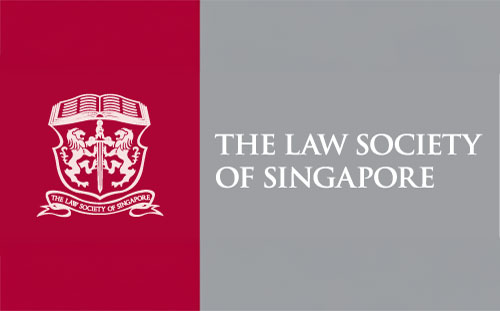Adultery and Divorce in Singapore – What You Need to Know
Divorce is never easy, and cases involving adultery can feel especially painful. Many clients ask whether adultery is enough to get a divorce in Singapore, how it is proven, and what effect it has on issues like children, property, and maintenance. This guide explains how adultery is treated under Singapore law and what you should know if you are considering divorce on this ground.
Is Adultery a Ground for Divorce in Singapore?
Yes. Under section 95 of the Women’s Charter, adultery is one of five recognised facts that can prove a marriage has irretrievably broken down. To rely on adultery, you must show:
- Your spouse voluntarily had sexual intercourse with another person; and
- It has become intolerable for you to continue living with them.
If both elements are satisfied, adultery can be used as a legal ground for divorce.
What Counts as Adultery?
Adultery in Singapore is specifically defined as voluntary sexual intercourse with someone other than your spouse. Suspicious behaviour, close relationships, or intimate acts such as kissing do not amount to adultery by themselves. However, they can serve as supporting evidence in an adultery case.
Proving Adultery in Singapore
The law sets a high standard of proof. Courts require clear and convincing evidence that sexual intercourse took place.
Evidence may include:
- A confession or admission by your spouse.
- DNA evidence, such as proof of a child born outside the marriage.
- Circumstantial evidence, like hotel receipts, private investigator reports, photographs, or digital communication showing opportunity and intention.
Because direct proof is often difficult, many clients instead rely on the alternative ground of unreasonable behaviour, which requires a lower threshold of evidence.
Time Limit for Filing on Adultery
If you wish to file for divorce based on adultery, you must do so within six months of discovering it. If you continue living with your spouse beyond that period, you may lose the right to rely on adultery and may need to use another ground, such as unreasonable behaviour.
Does Adultery Affect Custody, Assets, or Maintenance?
Many clients assume that adultery will influence the financial and custody outcomes of a divorce. In reality, this is rarely the case.
- Division of property: Courts divide assets based on contributions to the marriage under section 112 of the Women’s Charter, not on marital fault.
- Maintenance: Adultery generally does not affect whether maintenance is awarded.
- Children: The court’s only concern is the best interests of the child. Unless the adulterous conduct directly impacts the child’s welfare, it will not affect custody or care decisions.
The main consequence of adultery is that it can be used as the legal ground for divorce – not that it gives you a more favourable financial or custodial outcome.
Alternatives if You Cannot Prove Adultery
If evidence is lacking, you may still file for divorce under:
- Unreasonable behaviour: Showing that your spouse acted in a way that makes it unreasonable for you to continue living together. This could include inappropriate relationships, gambling, or verbal abuse.
- Separation: If you and your spouse have lived apart for the required period.
- Divorce by Mutual Agreement (DMA): Introduced in 2024, this allows couples to end a marriage without proving fault.
Key Takeaways
- Adultery is a recognised ground for divorce, but it must be proven with strong evidence.
- You must file within six months of discovering the adultery.
- Adultery has little impact on property division, maintenance, or custody – those are decided on fairness and the child’s welfare.
- If proof is difficult, unreasonable behaviour or other grounds may be more practical.
Considering Divorce on the Grounds of Adultery?
Adultery cases in Singapore carry a high burden of proof and can be legally and emotionally complex. If you are thinking of filing on this ground, it is crucial to understand the strict requirements and to have an experienced divorce lawyer by your side. At PKWA Law, our family lawyers are consistently recognised as among Singapore’s leading divorce specialists, with over 30 years of experience. We can assess your evidence, explain whether adultery or alternative grounds such as unreasonable behaviour may be more practical, and guide you toward the best outcome.
Contact us today for a confidential consultation and let us help you move forward with clarity and peace of mind.
Fixed, clear & transparent fees
$1,690
No children, property or maintenance
$2,690
With children, property or maintenance


